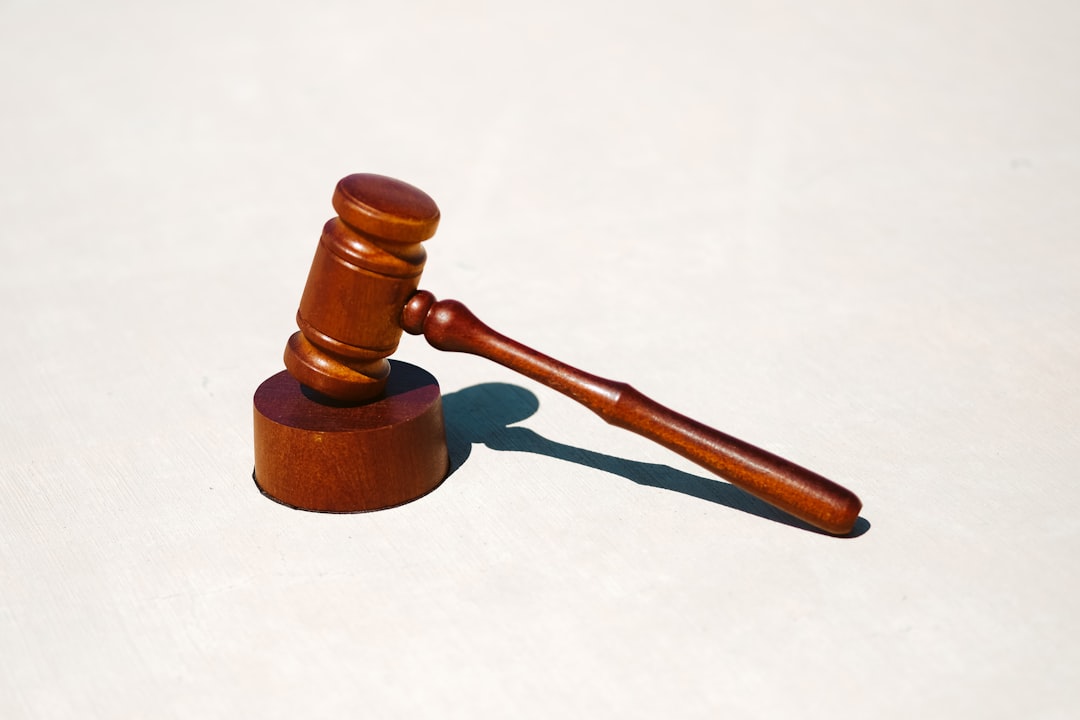Elderly sexual abuse is a hidden crisis, with many victims facing fear, shame, or dependency on their abusers. Dentists in Pennsylvania play a crucial role in identifying signs of abuse through behavioral, physical, and financial indicators during regular dental check-ups. They can spot subtle trauma indications and refer patients to trained professionals, including elderly sexual assault attorneys, for justice and support. State laws define sexual assault and mandate reporting suspicious behaviors, with attorneys guiding victims through the legal process. Dentists collaborate with advocacy groups and attorneys to identify physical signs and support vulnerable elders too afraid or ashamed to come forward.
In Pennsylvania, dentists play a pivotal role in identifying signs of elder sexual abuse. This comprehensive guide explores the dynamics of elder sexual abuse, focusing on prevention strategies where dental professionals can significantly contribute. We delve into physical signs and symptoms, the state’s legal framework for prosecution, and the critical collaboration between dentists and elderly rights advocacy groups. Understanding these aspects is crucial for both healthcare providers and elderly sexual assault attorneys in Pennsylvania to ensure better protection and justice.
Understanding Elder Sexual Abuse Dynamics

Elder sexual abuse is a complex and often underreported issue, making it crucial for healthcare professionals to be vigilant in identifying potential signs. Dynamics surrounding elder sexual assault can vary greatly, but understanding some common patterns is essential. Many elderly victims may struggle to come forward due to fear, shame, or the perception that their experiences are unimportant. They might also depend heavily on their abusers for financial or physical support, creating a cycle of dependence and silence.
Professionals like dentists play a significant role in recognizing these issues. Given regular contact with elderly patients, they can spot subtle changes in behavior, physical symptoms, or even financial irregularities that may indicate abuse. An elderly sexual assault attorney in Pennsylvania highlights the importance of such early detection, which can prompt timely interventions and support for victims, breaking the cycle of silence and ensuring justice.
Role of Dentists in Prevention Strategies

Dentists play a crucial role in prevention strategies for elderly sexual abuse, often serving as one of the first lines of defense. Regular dental check-ups provide an excellent opportunity to screen for signs of non-consensual interactions or injuries related to sexual assault. Through meticulous examination, dentists can identify subtle indicators such as unusual lacerations, bruising, or discomfort in intimate areas, which might be missed by the victim themselves due to fear or shame. This proactive approach is vital, especially considering that many elderly individuals may not initially disclose such traumatic experiences.
Moreover, dental professionals are well-positioned to educate both their patients and caregivers about the signs and symptoms of sexual abuse, empowering them to take immediate action. By fostering open communication and raising awareness, dentists can encourage victims to seek help from appropriate resources, including elderly sexual assault attorneys in Pennsylvania. This multifaceted strategy ensures a comprehensive approach to protecting vulnerable adults, promoting healing, and holding perpetrators accountable.
Identifying Physical Signs and Symptoms

Dentists are often on the front line in identifying potential signs of elder sexual abuse due to their regular interactions with older adults. While dental exams primarily focus on oral health, certain physical indicators can reveal subtle yet significant instances of assault. For example, unusual pain or discomfort during dental procedures could suggest previous trauma, as can unexplained injuries or chronic infections. An elderly sexual assault attorney in Pennsylvania may refer clients to dentists who are trained to recognize these signs, which include bruises, cuts, or inflammation around the mouth and throat—areas that might be overlooked due to their sensitivity.
Additionally, behavioral changes such as increased anxiety, aggression, or withdrawal can accompany physical symptoms. Dentists, with their established relationships with patients, are well-positioned to observe and document these behaviors. Early detection through these various cues is crucial in seeking justice for victims of elder sexual assault, where a Pennsylvania-based lawyer specializing in this field could provide legal guidance and support.
Pennsylvania Legal Framework for Prosecution

In Pennsylvania, the legal framework for prosecuting elderly sexual abuse is established through various state laws and regulations. The Crime Code defines sexual assault as any non-consensual act, including penetration or contact with intimate parts, that can lead to severe physical or psychological trauma. This includes situations where an elderly individual is vulnerable due to age, illness, or disability, making them particularly susceptible to exploitation.
The Pennsylvania Guidelines emphasize the role of healthcare professionals, including dentists, in identifying potential signs of abuse. Dentists often have close interactions with their patients, providing them with a unique perspective on the individual’s overall health and well-being. Any unusual behavior, discomfort, or injuries that might suggest sexual assault should be reported to local law enforcement or relevant authorities, as per state mandates. An elderly sexual assault attorney in Pennsylvania can guide victims and their families through this legal process, ensuring their rights are protected.
Collaboration: Dentist-Elderly Rights Advocacy

Dentists play a unique and crucial role in identifying signs of potential elder sexual abuse, often serving as an early detection system within the healthcare community. They collaborate with elderly rights advocacy groups and legal professionals, such as Pennsylvania-based elderly sexual assault attorneys, to ensure that any suspicious findings are thoroughly investigated.
Through regular check-ups and examinations, dentists can spot physical indicators that may suggest non-consensual interactions, including unusual injuries, infections, or changes in oral health. This collaboration between dental professionals and advocacy organizations is essential in reporting potential cases and providing the necessary support to vulnerable elderly individuals who might be too afraid or ashamed to speak out.






